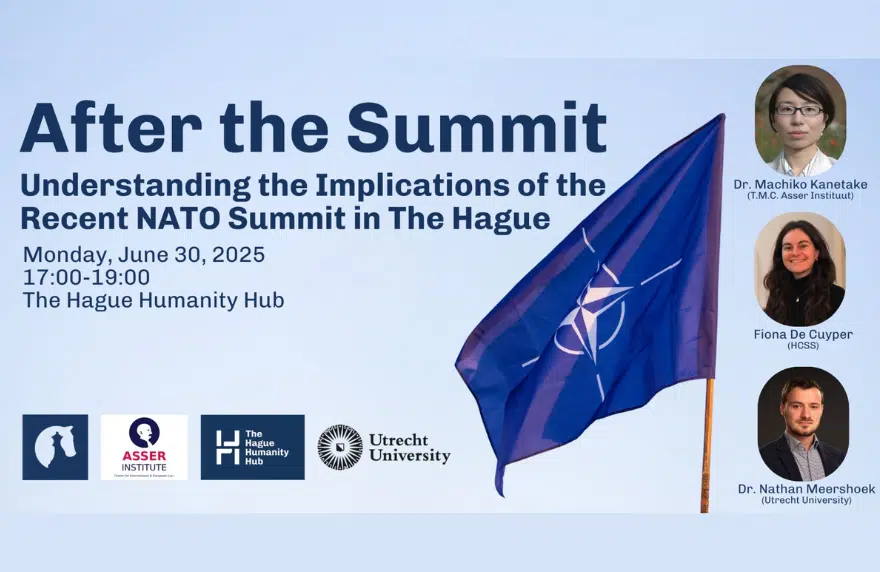Brussels is seeking to warn Beijing about supporting Russia’s invasion of Ukraine — and to use its influence to stop the war. Some experts, however, are skeptical about what can be achieved during the EU-China summit.
Russia’s war in Ukraine and China’s obfuscation over the Kremlin’s actions have signaled the possibility of further contention between the European Union and Beijing when the two sides meet at a virtual summit on Friday.
While China has expressed concern about the escalating war in Ukraine, differences over the war’s root causes prevail: China supports the Kremlin’s anti-NATO narrative, while the EU and the West stand opposite.
Prior to the EU-China summit, Chinese Foreign Minister Wang Yi told Phoenix TV that “China and Russia’s relations continue to develop resiliently.”
Yet, Chinese President Xi Jinping previously pointed out that his country stands for peace and opposes war, according to a government readout in March.
Leaders in the EU are keen to use the upcoming summit with China to discuss the war in Ukraine, including Finland’s Prime Minister Sanna Marin who said ahead of the talks, “We have to make sure that China is on the right side of history.”
The European Council in a statement said EU nations are also keen to resume the human rights dialogue with China in a substantial way and to discuss other areas of shared interests like tackling climate change and the ongoing COVID-19 pandemic.
Leaders in the EU are keen to use the upcoming summit with China to discuss the war in Ukraine, including Finland’s Prime Minister Sanna Marin who said ahead of the talks, “We have to make sure that China is on the right side of history.”
New challenges for EU-China relations
The relationship between the EU and China has soured ever since the EU criticized Beijing’s trade practices and accused China of human rights abuses against the Uyghur people in the country. Beijing’s trade block with Lithuania and sanctions against EU lawmakers last year, further heated up the geopolitical tension.
According to Joris Teer, a China analyst at the Hague Centre for Strategic Studies (HCSS), China’s pro-Russian neutrality signals new challenges for the EU.
“China has a very important export market in the EU that it wants to continue to make use of. The summit will show us how China intends to perform this balancing act, including how it will try to separate the EU from the US,” he said.
Will the summit make China lean towards the West?
While EU and NATO leaders have warned Beijing that it could face consequences from the West if it continues to side with Moscow, Teer explained that China is focusing its efforts on what it sees as its worst threats — including the US.
“In 2022, China clearly sees the US as the principal enemy. The US hurts China’s key interests, as consecutive US Presidents have said that liberal democracy is the only legitimate government system. This makes the EU’s hopes of China making a meaningful turn towards the West, unfounded,” he said.
“Currently, Russia supports China in achieving its key interests which include, preserving the supremacy of the communist party, safeguarding territorial integrity and helping economic and societal growth. Russia also supplies China with relatively cheap energy resources -for a large part over land- where the still superior American navy cannot cut off supplies during a crisis,” he added.
Edited by: Stephanie Burnett
Source: DW News
Photo Source: Bundesministeriums für europäische und internationale Angelegenheiten


